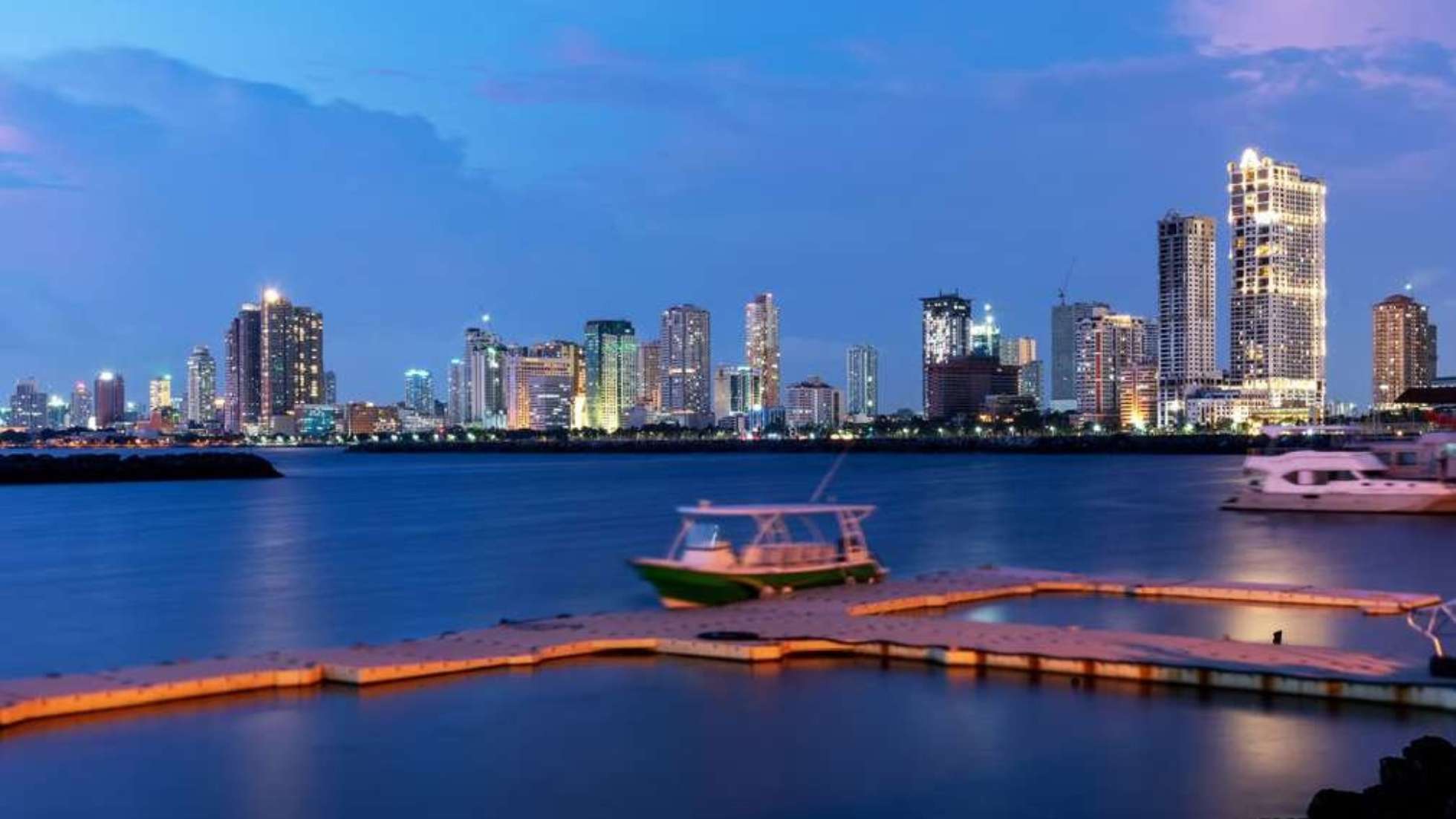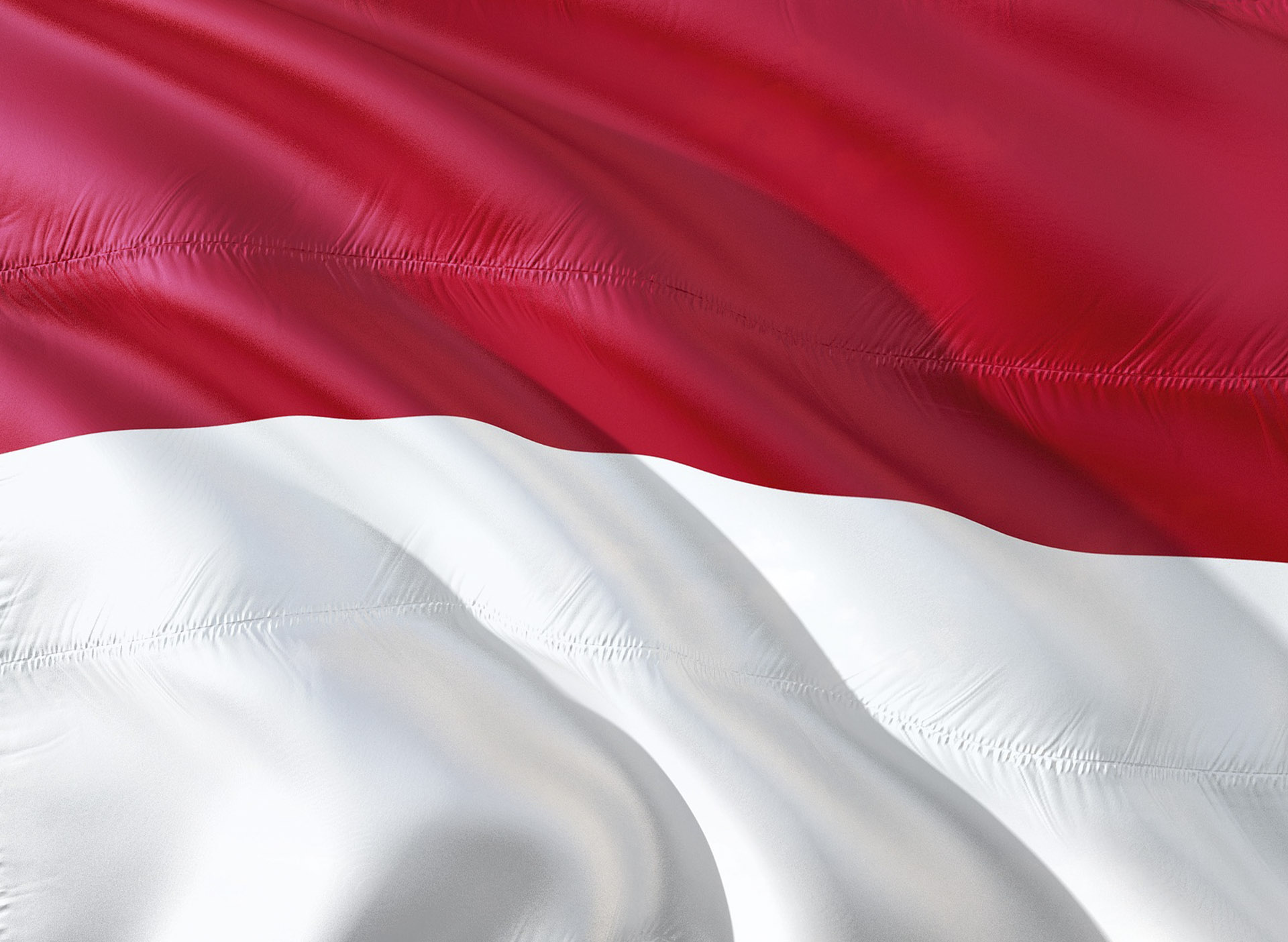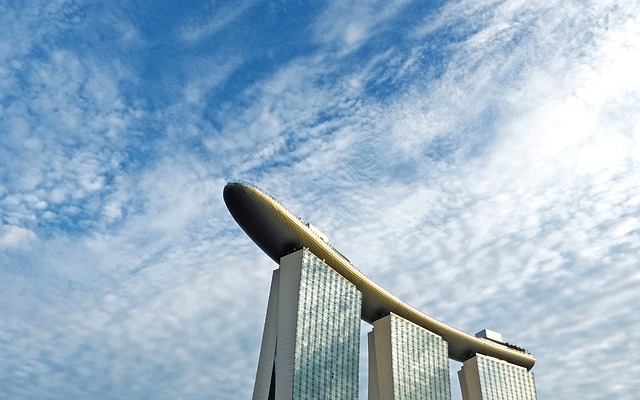August 30, 2024
By, Vaibhav Saxena, Foreign Counsel and Quang Anh Nguyen, Associate Australia and Vietnam have forged a robust and multifaceted relationship over the years, marked by mutual respect, shared interests, and strategic cooperation. On 07 March 2024, this partnership reached a significant milestone with the elevation to a Comprehensive Strategic Partnership, underscoring the depth and breadth of ties between the two nations. Mutual Partnership Vietnam and Australia have shared strong bilateral relations in terms of history. Ever since the establishment of diplomatic relations in 1973, both countries have built a robust and broad relationship with the foundation of trust and deep understanding. During the initial phases of the COVID-19 pandemic, Canberra emerged as Hanoi’s second-largest foreign donor, generously contributing 26.4 million vaccine doses. Additionally, Australia has extended substantial Official Development Assistance (ODA) to Vietnam, supporting critical areas such as human resource development, infrastructure, public health enhancement, and Vietnam’s participation in UN peacekeeping missions. These tangible examples underscore the robust bilateral ties between the two countries and highlight Australia’s genuine commitment to its relationship with Vietnam. Socially, Vietnamese Australians constitute the sixth-largest migrant community in Australia. Additionally, nearly 17,000 Vietnamese international students are enrolled in Australian educational and training institutions. The Vietnamese alumni, having graduated from Australian universities and subsequently returned to Vietnam for work, have forged a robust and meaningful connection between the two nations and their peoples. Trade and Investment Australia and Vietnam enjoy a dynamic economic partnership characterized by rapid growth in trade and investment. In the financial year 2022/23, bilateral trade surged to $25.7 billion, reflecting a substantial increase of 75% from 2020. Vietnam’s vibrant economy, with... March 24, 2023
With the lifting of activity and capacity restrictions as well as masking and stay-at-home mandates in the Philippines in 2022, the country experienced a flurry of economic activity that drove growth to 7.6%, breaching official forecasts. The economy is expected to follow a steady growth trajectory in 2023 with projected gross domestic product (GDP) growth of 6% to 7%, significantly higher than the global GDP growth forecast. Considering several landscape-changing legislative and regulatory reforms passed in 2022 that are designed to attract muchneeded capital and technology from foreign investors, certain sectors and industries are well-placed to benefit from foreign direct investments (FDIs) into the Philippines in 2023 and beyond. Renewable Energy A convergence of significant tailwinds serve to boost the renewable energy sector as one of the most compelling opportunities for FDIs in the Philippine at present: the government’s push for energy security and commitments towards sustainability and a green economy, the abundance of resources naturally available in the tropical archipelagic state of more than 7,000 islands, the generous fiscal and non-fiscal incentives that can be availed of under the Renewable Energy Act, and the recent easing of nationality restrictions that previously suppressed growth in this sector. Through the Department of Energy (DOE) Department Circular (DC) No. 2022-11-0034 which took effect on 8 December 2022, the restriction for a Renewable Energy Service/ Operating Contract (RE Contract) to be awarded only to Filipinos or corporations at least 60% owned by Filipinos has effectively been removed. This amendment is a welcome development directed to help achieve the country’s ambitious target of a 35% renewable energy share in the power generation mix by... November 17, 2017
The head of the Indonesian Investment Coordinating Board issued Regulation No. 9 of 2017 on Guidelines and Procedures for the Implementation of Investment Climate Development Activities ... June 30, 2017
With the introduction of the Investment Arbitration Rules 2017, the SIAC is now the first private arbitral institution to cater separately to investment and commercial arbitrations ... By Firm
Upcoming Events
Recent Past Events






 Providence Law Asia LLC
Providence Law Asia LLC






